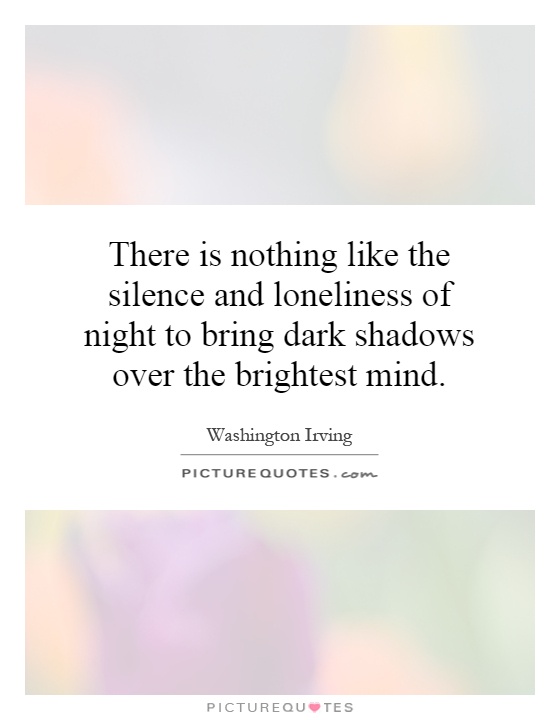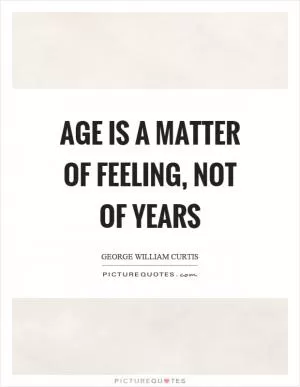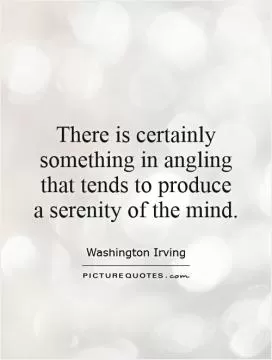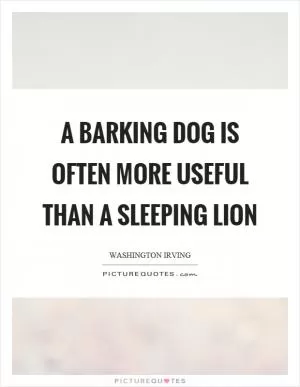There is nothing like the silence and loneliness of night to bring dark shadows over the brightest mind

There is nothing like the silence and loneliness of night to bring dark shadows over the brightest mind
Washington Irving, a master of American literature, was known for his ability to capture the essence of the human experience in his writing. His works often explored themes of loneliness, isolation, and the power of the imagination. In his short story "The Legend of Sleepy Hollow," Irving delves into the dark shadows that can haunt the mind in the silence and loneliness of night.Irving understood the profound impact that the night can have on the human psyche. The darkness and stillness of the night can amplify our fears and anxieties, bringing to the surface the darkest corners of our minds. In "The Legend of Sleepy Hollow," Irving paints a vivid picture of a small town enveloped in the eerie quiet of the night, where the protagonist, Ichabod Crane, is haunted by the legend of the Headless Horseman.
The silence and loneliness of the night serve as a backdrop for the unfolding of the story, creating a sense of foreboding and unease. As Ichabod Crane navigates the dark, shadowy streets of Sleepy Hollow, his mind is filled with thoughts of the supernatural and the unknown. The darkness of the night becomes a metaphor for the darkness within his own mind, as he grapples with his fears and insecurities.
Irving's exploration of the power of the night to bring dark shadows over the brightest mind is a reflection of his own experiences as a writer. Like many creative minds, Irving was no stranger to the solitude and introspection that often accompany the night. It is in these moments of quiet contemplation that the imagination can run wild, conjuring up all manner of fears and fantasies.












 Friendship Quotes
Friendship Quotes Love Quotes
Love Quotes Life Quotes
Life Quotes Funny Quotes
Funny Quotes Motivational Quotes
Motivational Quotes Inspirational Quotes
Inspirational Quotes